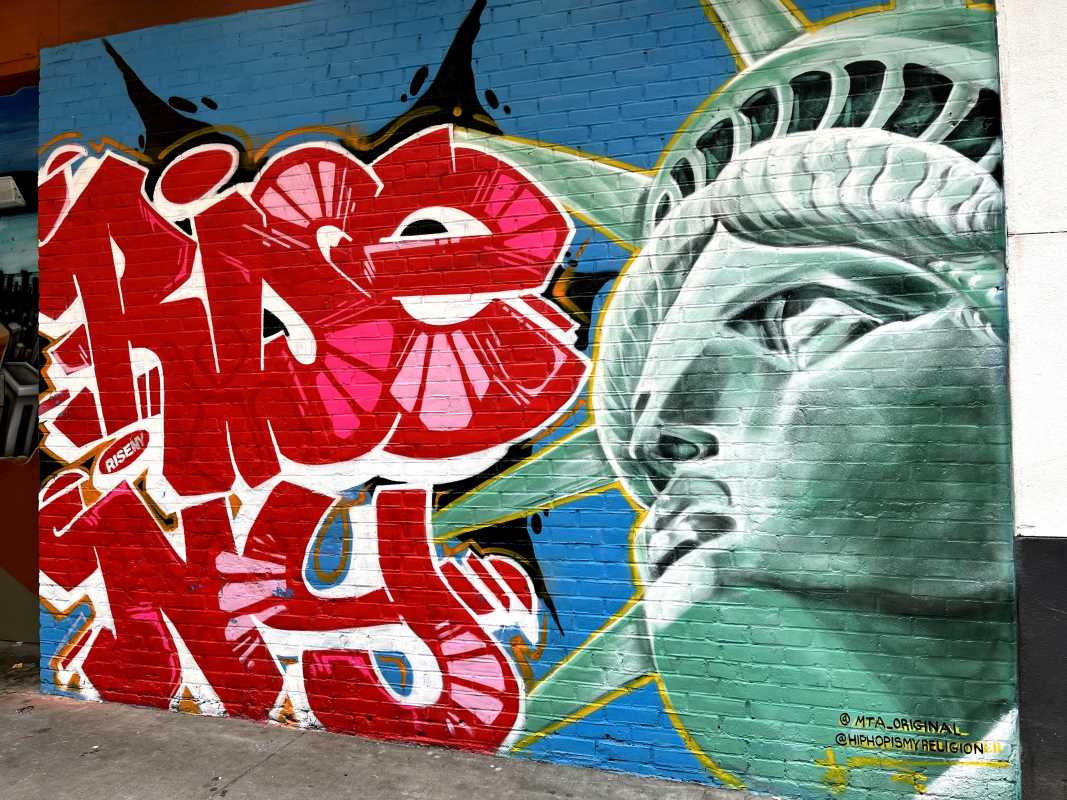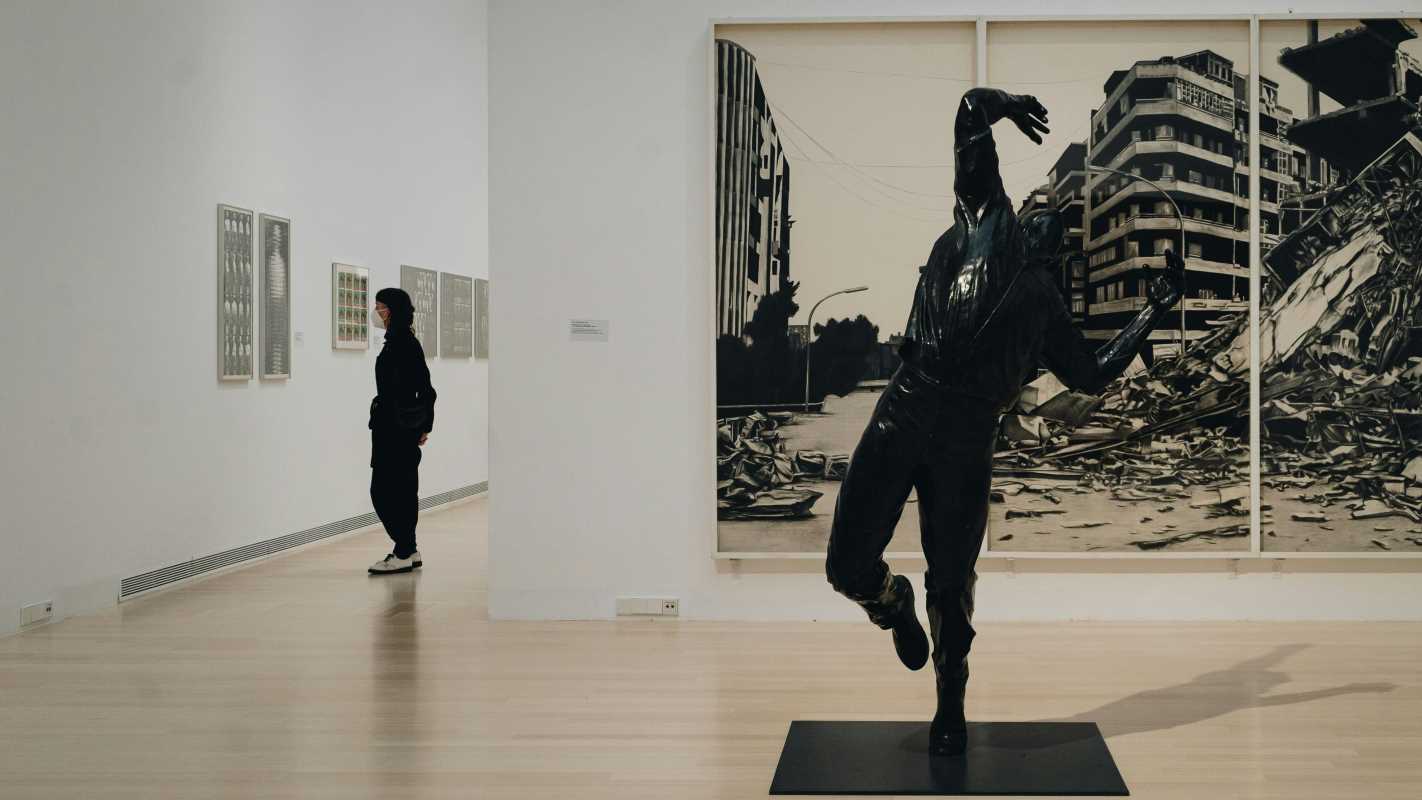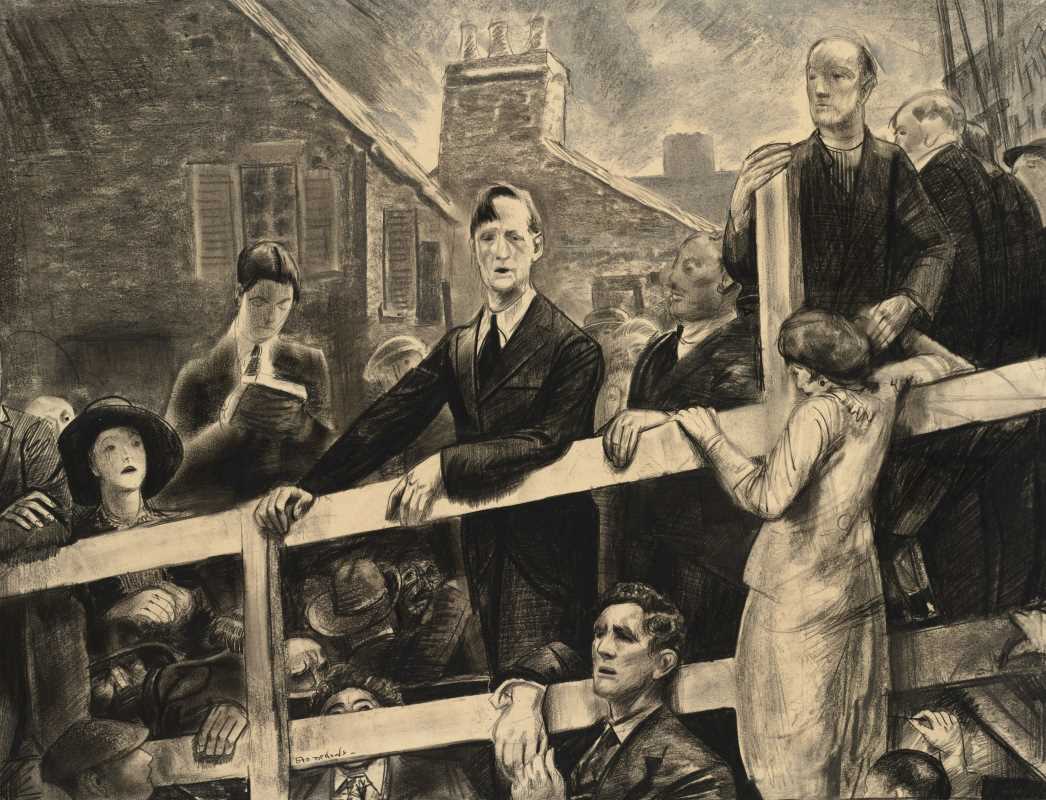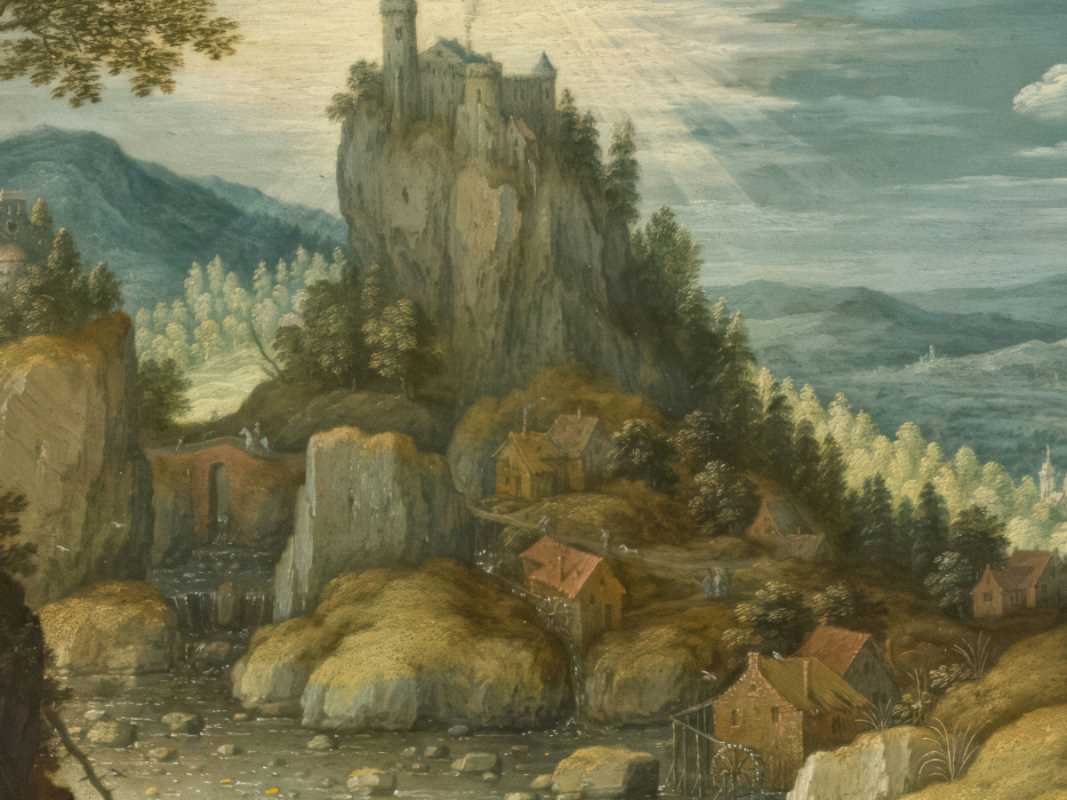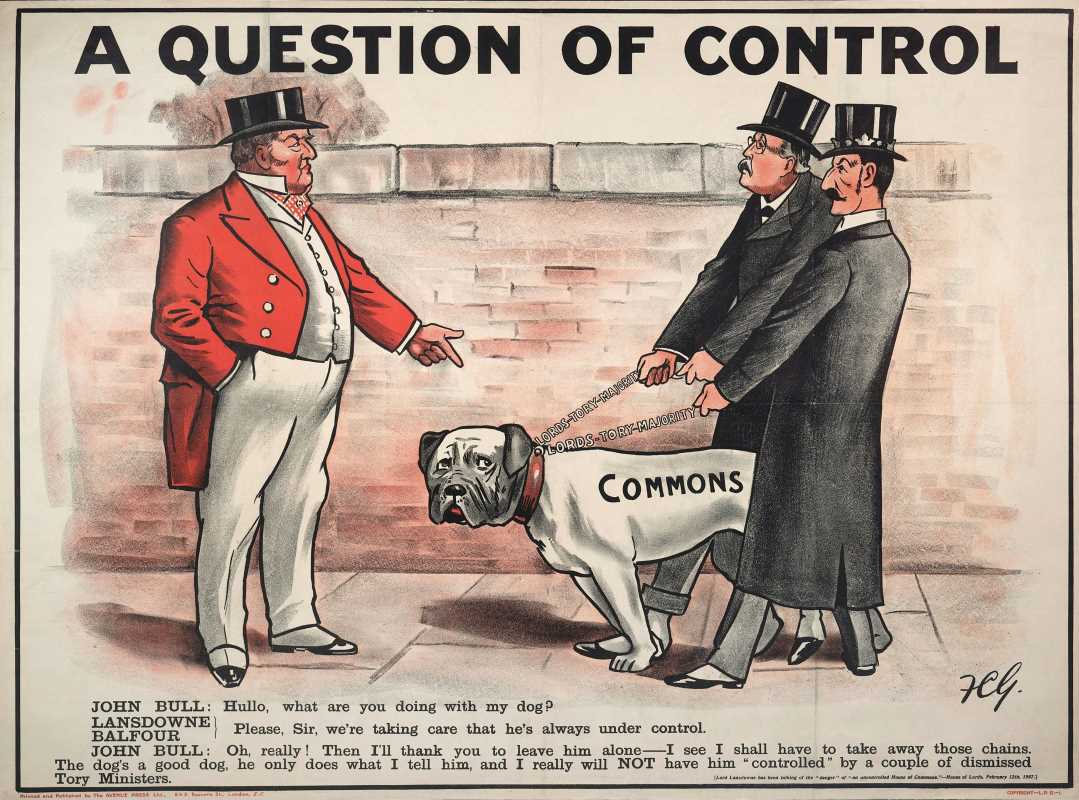History is often shaped on the battlefield, as pivotal conflicts have altered the course of civilizations and shaped the societies we live in today. From ancient wars that laid the foundation for modern governance to more recent battles that redefined global ideologies, the lasting effects of these events cannot be overstated. Historical battles reveal stories of strategy and heroism. They reveal the economic, cultural, and political transformations that have influenced generations. We're going to journey through key battles in history, uncovering how their outcomes reshaped borders and the very fabric of human society.
The Battle of Marathon (490 BCE): Foundations of Democracy
The Greco-Persian Wars marked a turning point in world history, with the Battle of Marathon standing out as a defining moment. Fought between the Persian Empire and the city-state of Athens, this clash demonstrated the power of a smaller, more unified force standing against a vast empire. Athenian soldiers, equipped with superior tactics and fighting for the preservation of their polis, achieved a surprising victory on the plains of Marathon.
Not only did this battle protect Greek independence, but it also planted the seeds of democratic governance. The Athenians began to view themselves as defenders of freedom, a perspective that strengthened the development of participatory government in Athens. Centuries later, modern democracies still trace elements of their foundations back to this moment in history.
The Battle of Hastings (1066): A New Social Order
The Norman conquest of England began with the Battle of Hastings, where William the Conqueror emerged victorious over King Harold II. This conflict set the stage for cultural and administrative changes that would ripple across England and beyond. Normans brought with them feudalism, restructuring English society into a strict hierarchy that defined relationships between lords and vassals.
Aside from transforming land ownership, the battle had an immense linguistic and cultural impact. Norman French intertwined with Old English, influencing the development of the English language into what we recognize today. The battle also marked the beginning of centralized governance in England, strengthening the monarchy and shaping its legal systems.
The Siege of Constantinople (1453): Bridging Two Worlds
The fall of Constantinople to the Ottoman Empire is often cited as the event that marked the end of the Middle Ages and ushered in the Renaissance. By capturing the Byzantine capital, the Ottomans cemented their dominance in Eastern Europe and gained open access to the trade routes of the Mediterranean and Asia.
Far from merely a military conquest, the siege became a symbol of the cultural exchange between East and West. Displaced Byzantine scholars spread their Classical knowledge across Europe, fueling advancements in art, science, and literature. Gunpowder technology, used innovatively during the siege, gradually revolutionized warfare, altering military tactics for centuries to come.
The American Revolutionary War (1775-1783): Ideals of Independence
The American Revolution wasn’t just a battle for territory; it was a fight for ideas. Colonists in North America argued for self-rule and individual liberty, ideas that found a champion in enlightenment philosophers. The war against British rule culminated in the Declaration of Independence and eventually the formation of the United States Constitution.
This revolution inspired movements worldwide, from Haiti’s fight for liberation to the French Revolution. The societal impact of the war extended far beyond its battlefield victories. Concepts like republican governance and human rights began to influence political structures globally, proving that ideals could reshape nations as powerfully as armies.
The Battle of Waterloo (1815): Ending an Era
On a quiet field in Belgium, Napoleon Bonaparte’s ambitions for European domination came to an end. Allied forces, led by the Duke of Wellington, decisively defeated Napoleon at Waterloo, signaling the end of his reign and the Napoleonic Wars. The battle’s impact was felt instantly, as European powers came together to prevent the rise of another imperial threat.
This battle forged long-lasting alliances and set the stage for the Concert of Europe, an early attempt at collective security and diplomacy. On a cultural level, the memory of Waterloo became embedded in art, literature, and even vernacular expressions, symbolizing both triumph and the pitfalls of overambition.
The Civil War (1861-1865): Reshaping the United States
The American Civil War remains one of the most impactful conflicts in history, as it redefined the ideals of unity, freedom, and equality. Central to the war was the question of slavery, a cruel institution that had divided the country. By the time the Union forces achieved victory, the war had abolished slavery and strengthened federal authority.
This war forced the United States to reckon with its contradictions, particularly regarding liberty and human rights. Its aftermath saw waves of reform through constitutional amendments, such as the 13th Amendment abolishing slavery. The Civil War also industrialized the nation, with advancements in railroads and weaponry laying the groundwork for America's future as a global power.
The First World War (1914-1918): A New World Order
The Great War, as it was originally known, upended monarchies, redrew boundaries, and gave birth to entirely new ideologies. With staggering loss of life and economic devastation, societies across Europe were changed forever. Empires like Austria-Hungary and the Ottoman Empire dissolved, leading to the creation of new nations.
Technological advancements in warfare, such as tanks, airplanes, and chemical weapons, forced humanity to confront the destructive potential of modern industry. Social attitudes shifted as well; the war catalyzed movements for gender equality, with women entering the workforce in unprecedented numbers.
The Battle of Stalingrad (1942-1943): Resilience and Defiance
Stalingrad was more than just a pivotal clash during World War II; it became a symbol of resilience in the face of overwhelming odds. The Soviet Union’s victory over Nazi Germany in this grueling battle turned the tide of the war, preventing German advancement into the Eastern Front.
This victory had profound societal impacts. On the home front, it galvanized the Soviet people and gave them a renewed sense of purpose in defending their homeland. Internationally, it showcased the power of collective willpower and industrial mobilization, influencing strategies in future conflicts.
The Vietnam War (1955-1975): A Cultural Battleground
The Vietnam War transcended its military significance by becoming a cultural and ideological battlefield. For the United States, the war raised questions about foreign intervention and the limits of military power. At home, anti-war protests sparked movements for civil rights, environmentalism, and broader social justice.
Artists, writers, and musicians immortalized the conflict in their work, embedding it deeply into global consciousness. Its legacy serves as a stark reminder of the human cost of war and the importance of questioning authority and the motivations behind power struggles.
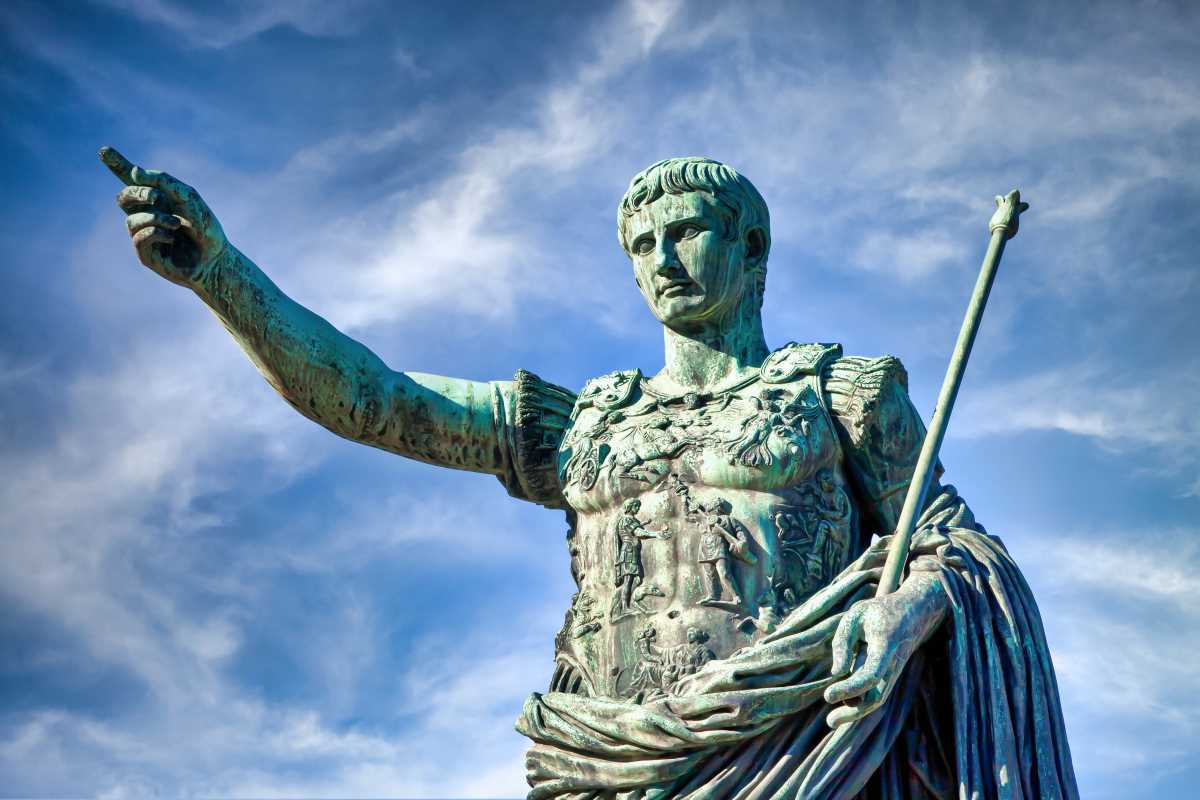 (Image via
(Image via.jpg)
